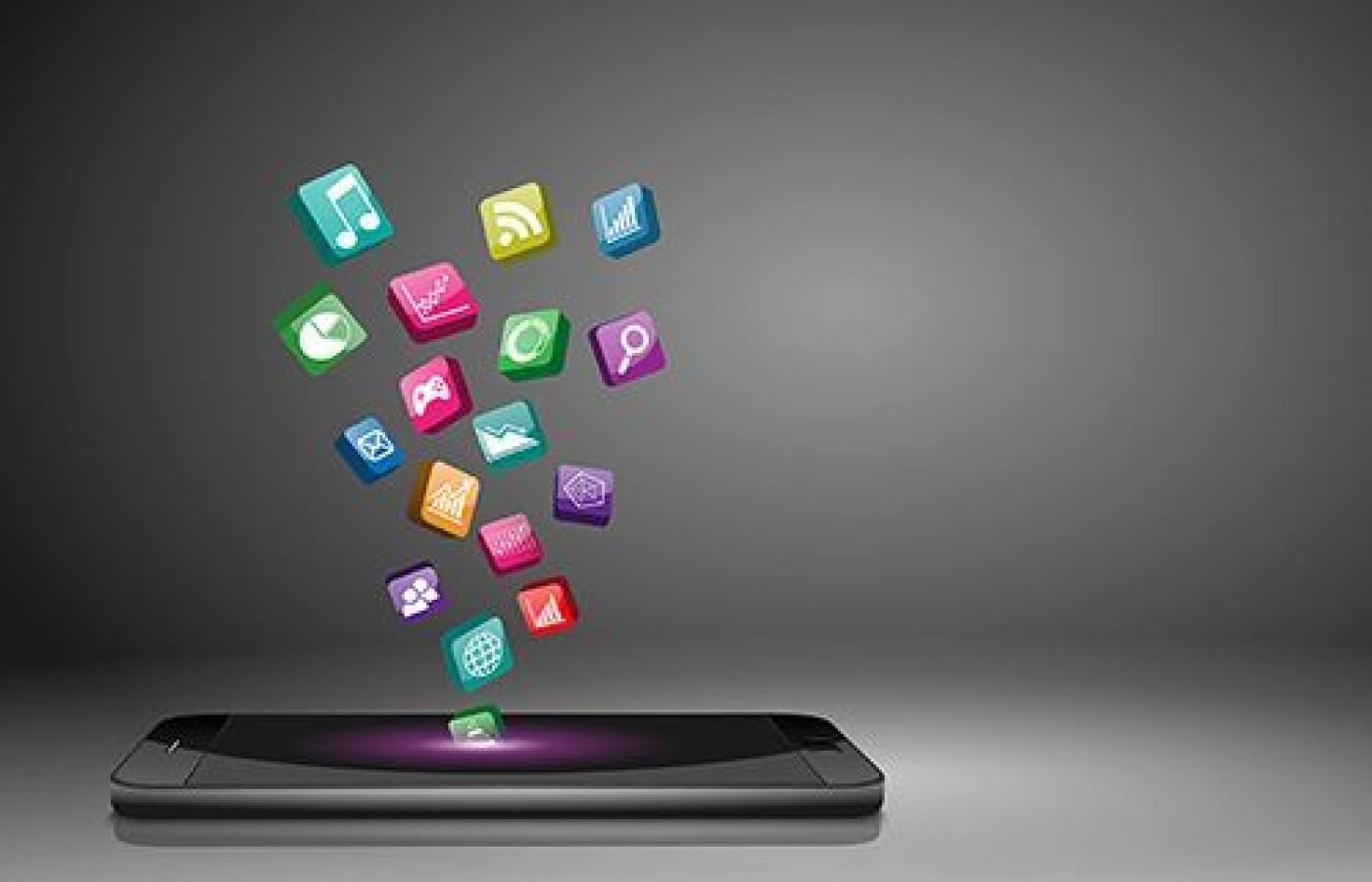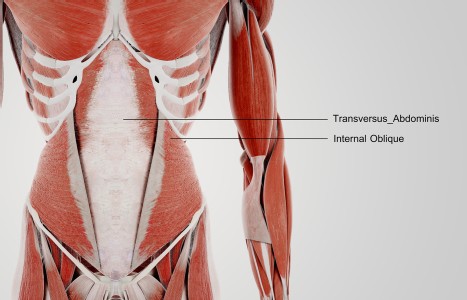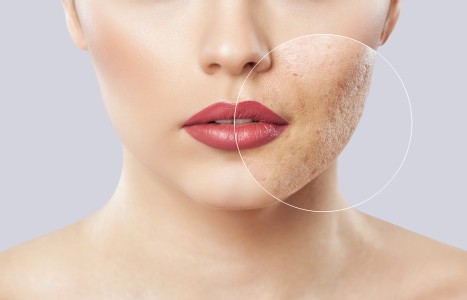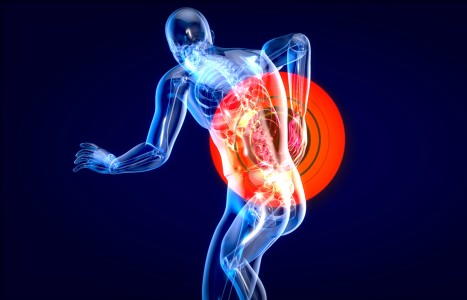TrA-2, my primary needle location, I needle 95% of the time and I think it works the best. You’ll know you have the right point location when you discover the muscle twitching when applying electric stimulation.
Apps for the Modern Acupuncturist: The Digital Resources Patient-Centered Care Requires
Editor's Note: All the suggested apps are free and are not endorsed by Acupuncture Today.
Twice in my career the power has gone out while treating patients. In both instances, we lit a number of candles and the entire thrust of Chinese medicine continued without interruption.
We couldn't process credit card charges, but with our billing software on a battery-powered laptop, the basics of daily business were still intact. We have a humbling profession in that sense, but many of us also choose to include technology, such as cold-laser and heat lamps, computer-based billing, and digital charting.
One modern convenience that many of us have in or around our treatment rooms is the tablet. There are a number of apps specifically designed for Chinese medicine practitioners, many of which serve as a quick reference for point indications or herbal formula compositions.
There is also a much larger genre of medical apps, many of them free, that offer a range of clinically useful information at your fingertips. Here are a few of my favorite apps, all free to download, to empower your practice with the best of ancient medicine and modern technology.
Apps To Consider
iTriage is a comprehensive biomedical app complete with an algorithm of symptoms and their common causes, a searchable alphabetic conditions database, and a regularly updated medications list.

This last feature is particularly useful as patients often misspell drug names on intake paperwork. If they are even close, the search feature of the medications list will usually land you on the right drug.
After tapping on the medication in question, you are taken to another window that lists the conditions treated, possible side effects, usage instructions, brand names, and even what a patient should do if a dose is missed.
The conditions tab brings up information on symptoms, diagnostic tests, and conventional treatments. With the pace of modern medicine, it is difficult to keep track of all the latest interventions.
This app receives periodic updates from the publisher and even includes a news tab to highlight research and medical innovations. On a tablet, iTriage is a quick reference in the treatment room to help clarify a patient's health history.
About Herbs is Sloan Kettering Cancer Center's guide to botanicals, supplements, and complementary therapies. It was designed as a resource both for oncologists and oncology patients, detailing an impressive database of therapies outside the conventional paradigm.

I have found this resource particularly helpful in looking up Western herbs that many Chinese medicine practitioners are less familiar with due to our focus on herbs grown and used in East Asia.
Although the intent is to provide clinically relevant information on integrative cancer therapies, the searchable index of therapies is fairly broad as to encompass herbs or supplements a patient may be taking that could interact with conventional oncology treatment.
For example, there is an entry for chai hu that includes all the names (common and scientific), a clinical summary with references, any known mechanism of action, warnings, and drug-herb interactions.
There are 20 references listed for this herb alone, with 18 of them being peer-reviewed research papers related to cancer treatment, each hyperlinked for further study. The other two references, one of which is Dan Bensky's Chinese Herbal Medicine: Materia Medica, are on chai hu's traditional use.
AcuCharting is a new concept app in digital and cloud-based charting. The notes layout includes a 3-D digital model on which you can tap and place acupoints and a number of means for recording notes.
The notes layout features subjective, objective, action, and plan (SOAP) sections that give you the option of typing a note, drawing a note or picture, recording an audio note, or taking a photograph.
As practitioners of Chinese medicine choose to integrate into a Western model of health care, precise and well-articulated SOAP notes that can be securely and digitally transferred are essential.
Taking a picture of a patient's tongue or recording an audio clip of a patient's voice quality are exciting new ways to communicate our traditional means of diagnosis. Having a number of charting media is also a boon to those in research or documenting case studies.
Another Digital Tool
Podcasts are available for download from a number of apps across all platforms. This is a great way to access cutting-edge research on a diverse range of topics.
You might have to fast forward through advertisements, but podcasts are always free. Podcasts are well-suited for commutes or long road trips to keep your mind active and your Shen enlightened.
Browse by keyword on any of the podcast-player apps and you will quickly discover a multitude of options on any given subject. Just typing in "Chinese medicine" will give you a few dozen hits.
Some may only be one episode of a podcast series dedicated to natural health, while others are created by our profession for our profession and dive deep into clinical skills or theory with each episode.
Current favorites are "Heavenly Qi," produced in Australia and covering a wide range of Chinese medicine topics; "Revolution Health Radio," featuring functional medicine researcher Chris Kresser; and "Mastering Nutrition" with world-class nutrition researcher Chris Masterjohn, PhD.
And don't forget you can use your tablet to read this article, if you aren't already, in the digital version of Acupuncture Today!
Flip through it between patients, and click on hyperlinks that pull up material related to the article you are reading.



